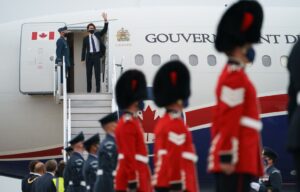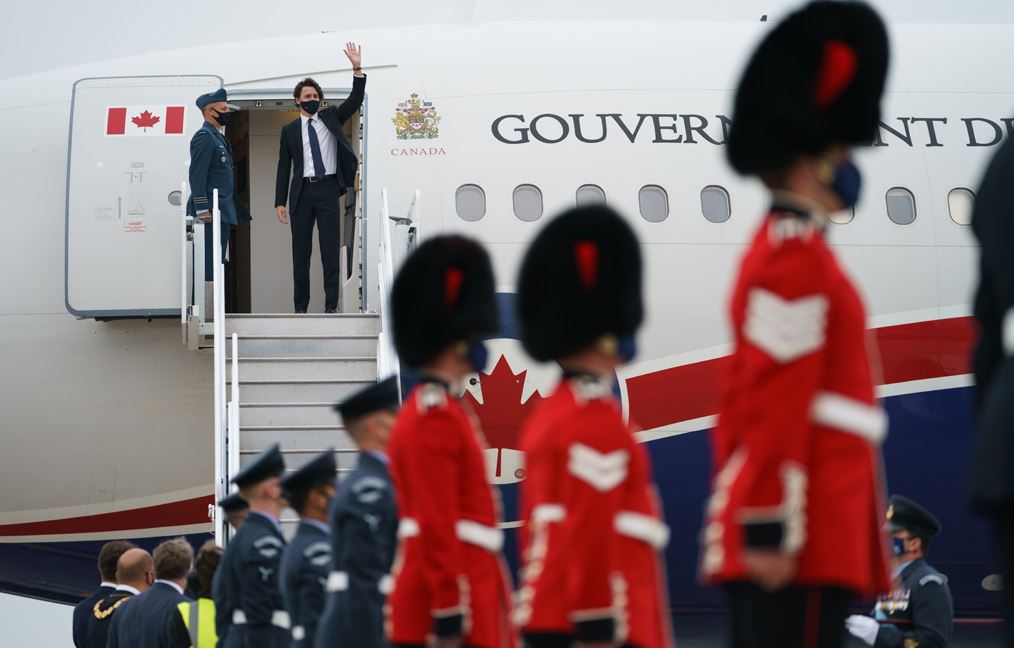Environment and pandemic: Trudeau in Holland, then stops in Rome and Glasgow

TORONTO – Amsterdam, Rome, and Glasgow. These are the three stages of Prime Minister Justin Trudeau’s trip to Europe, the first since this week’s swearing-in of his new government resulting from the elections on 20 September. The pandemic and the environment will be the two main topics on the agenda, especially at the G20 weekend in Rome – the first event of its kind organized in the Italian capital – and at the Scottish summit on 1 and 2 November that will take place in Scotland.
The two meetings are of particular importance, given that the pandemic for eighteen months has forced world leaders to participate in summits of this type only virtually, without physical presence. But the first stop of the European toru is Amsterdam, where today Trudeau will meet Prime Minister Mark Rutte: a speech by the prime minister in the Dutch parliament is also scheduled.
In Rome, in the summit chaired by the Italian Prime Minister Mario Draghi, the discussion of the Greats of the Earth will revolve above all around the global health crisis caused by Covid, together with the distribution of vaccines for developing countries that are still far behind in their respective immunization campaigns and more generally the implementation of a general strategy to better coordinate the efforts of individual countries in the work of combating the pandemic.
In the two days of Rome, the thorny issue of Afghanistan is also on the agenda. In the aftermath of the flight of the Western powers from Kabul, which coincided with the seizure of power by the Taliban, it was Draghi himself who convened an emergency summit to examine the response of the international community. Now, in the Roman summit, it will be a matter of summing up and developing a plan to contain the risks represented by the new regime.
Finally, at the G20, the current state of health of the world economy will be discussed, with a particular eye to the need for growth after a long period of stagnation caused by lockdowns and the restriction measures applied by individual countries to contain infections, and to the revival of employment and investment on a global scale.
The Glasgow Summit, on the other hand, will be monothematic: the environment, pollution and climate change will be discussed exclusively. The summit, the 26th UN climate summit, is the first meeting of its kind since the Paris summit in 2015, when stringent parameters were approved to be achieved with the aim of reducing greenhouse gas emissions into the atmosphere.
Trudeau, for his part, has to deal with attacks from the right and left on his environmental policies. On the one hand, the prime minister is accused of having overseated the economy in favor of the environment, while environmentalists point the finger at Trudeau, who – according to them – would not have done enough in the fight against climate change.
In any case, the Liberal leader will arrive in Glasgow with a first important data stemming from a study carried out by Prosperity and published yesterday, according to which Canada at the end of this decade will succeed for the first time in reaching the standards and parameters set out in the Paris Agreement. This is a small but significant step forward.



